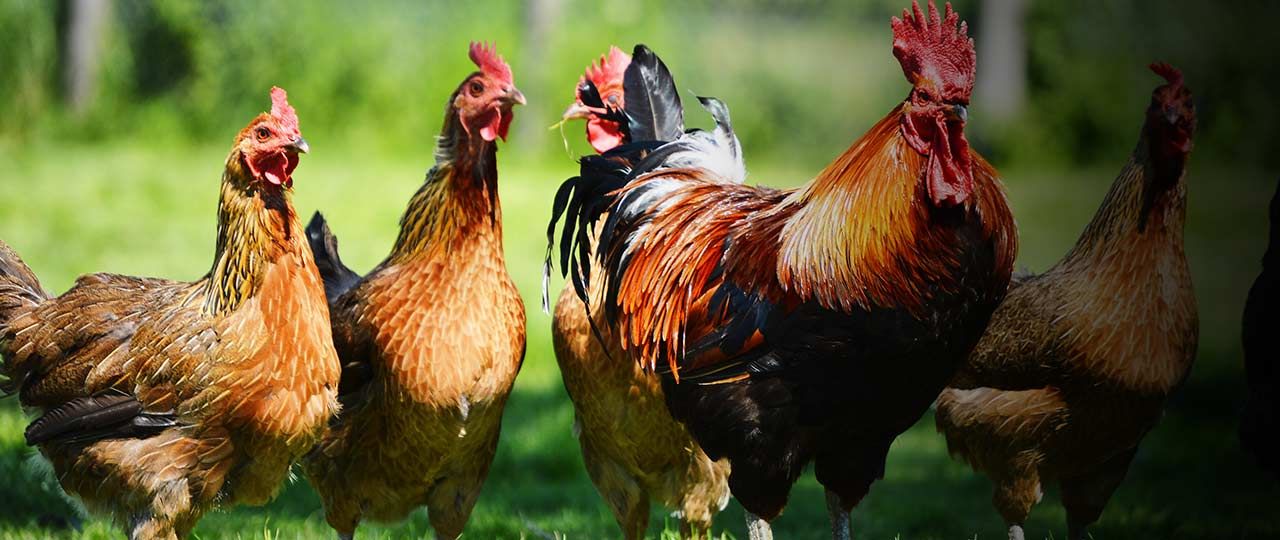
Jason Beedell
Director, Research


Director, Research
25-year environment plan for England published
The key points of this wide ranging plan, published after around 2 years of delays, are:
The tone of the plan has been broadly welcomed and many commentators have said that it is right that the UK should be ambitious and world-leading on environmental protection, particularly as it leaves the EU. However, it has been criticised for lacking detail on how targets will be met, with Greenpeace saying that a 25-month emergency plan is needed, not a 25-year vision. The Government has shirked away from some of the tougher action it could have taken – why not start cutting out avoidable plastic now, if avoidable means ‘practicable’? The CLA said that ‘much more work [needs] to be done to make these plans more specific and signal where the hard choices will be made’. S&P comment: it is easy to criticise plans like this but it appears to cover most of the challenging elements of the environment; now that we have the plan, the real challenge will be setting firm targets and implementing actions effectively.
Michael Gove has said that Basic Payments will continue until around March 2024. This is a U-turn or change in what he has previously said, which is attributed to intense lobbying by farmers for certainty to allow them to invest and also as the British Agricultural Policy he would like to introduce, which is based on environmental enhancement, will take longer to implement than expected. Although this seems to extend the Conservatives' manifesto commitment to match the cash total paid to farmers under the CAP until 2022, it is not clear whether Basic Payments will be made at their current levels. He also said that payments to the largest farmers may be capped before 2024, on a sliding scale possibly applying to those receiving £100,000 or more each year. On the environment, the new policy will reward land managers, or groups of them, for enhancing the environment by woodland planting, increasing biodiversity, improving water quality and returning cultivated land to wildflower meadows or other more natural states.
Agri-environment schemes can help farmland bird numbers recover
A study by the RSPB found that on farms with Higher Level Stewardship, farmland bird numbers increased by 50% in East Anglia and Oxfordshire and by 120% in the West Midlands. However, the success varied significantly between the 17 bird species tracked. The study was conducted on 60 farms between 2008 and 2014. The researchers also estimate that around 25-33% of farmland would need to be covered by environment schemes to stop the fall in farmland birds – a much higher proportion than the current 13-20%.
New simplified Countryside Stewardship ‘offers’ open for applications
Four new ‘simplified offers’ are available – arable, lowland grazing, mixed farming and uplands – with each ‘offer’ having a set of options and minimum requirements; anyone who meets the requirements will be offered an agreement. The Government has also said that the payments for the five year agreements will be guaranteed post-Brexit. Application packs can be requested until 31 May; there is an online application process for arable applications of less than 100 land parcels. Please contact Jason Cantrill for further details.
Bird flu detected in wild birds in Dorset
A strain similar to H5N6 has been confirmed in 17 wild birds, thought to be wild swans. Although no commercial poultry has been affected, Defra has imposed extra bio-security restrictions around Weymouth and Portland, and is advising all poultry keepers in the UK to be even more vigilant on flock health.
Six EU farming and environment ministers want clarity on ‘exit plan’ for glyphosate
The ministers from countries including France and Belgium are pushing the Commission for an answer following the five-year renewal of the chemical and also the submission of a European petition signed by more than 1 million people calling for a ban of the chemical.
New US study finds no link between glyphosate and lymphoid tumours
The Agricultural Health Study which included data on 50,000 farmers and their families, dating back to the early 1990s, found no association between the chemical and any solid tumours of lymphoid malignancies overall. The study has been published in the Journal of the National Cancer Institute. The EU Health Commissioner said that there were no health or safety concerns linked to the product and criticised the “conspiracy theories” about chemical firms’ efforts to influence EU decisions.
Britain generated more electricity from renewable and nuclear energy than from gas and coal for the first time in 2017.
Countryside Stewardship Woodland Creation Grant opens for applications
Foresters, landowners and farmers can now apply for up to £6,800 per hectare to create new woodland on their property, plus annual maintenance payments for ten years. Please contact Mike Tustin for further details.
The EU wants to double renewable energy production by 2030 and part of the plan will allow the cutting down of trees and burning them for energy. A group of scientists, including Prof John Beddington, former chief scientist to the UK government, has said that this could increase emissions as the carbon released into the air would otherwise stay locked up in forests. Even if a tree that is cut down is replaced, it will take decades if not centuries to lock up (or reabsorb) the same amount of CO2 released when it was cut down and burned; also there are emissions and inefficiencies in the harvesting and burning processes. The scientists estimate that “using deliberately harvested wood instead of fossil fuels will release at least twice as much carbon dioxide to the air by 2050 per kilowatt hour”. Their solution is to only burn traditional sources of residues and waste, not harvest trees for timber